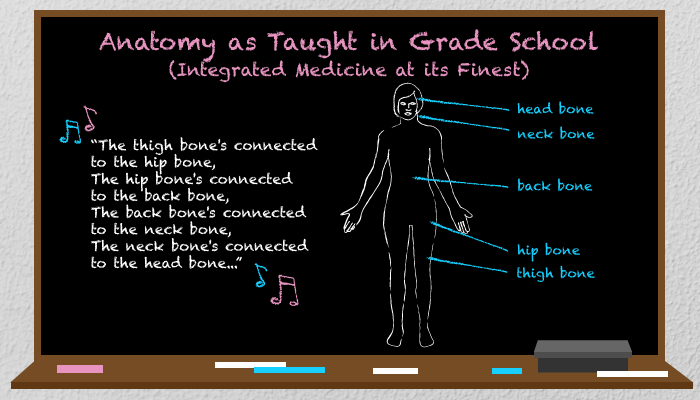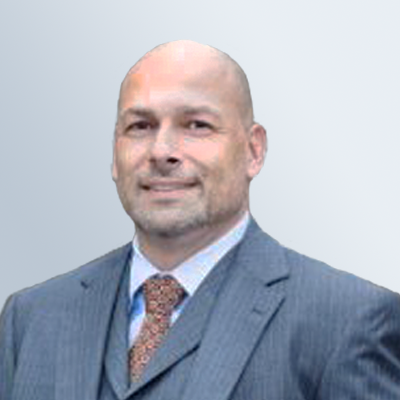The Key to Successful Patient Experience:
Integrated Medicine

By: Tammy Sachs, Founder and CEO
Ironically, we’re taught in grade school how connected the body is. Somehow, when doctors master a specialty, the connections within our bodies and their impact is often lost.
How many of you are the general contractor for your healthcare? By that I mean you have an endocrinologist that looks at your thyroid, a dermatologist for your skin, a gastroenterologist to manage reflux or ulcers, etc. How many of them look at your overall health vs. the organ or disease being treated? Most people would report the latter.
This is what I’d call “dis-integrated” medicine. Unless a patient hits the jackpot with a coordinated healthcare system or has their own self-educated advocate, it isn’t pretty. Most specialists often don’t have the time or interest to consider the relationships between symptoms and get at the root cause of whatever set of health challenges you experience.
As both a patient and very curious researcher, I love to interview exceptional doctors. What makes them so good at treating the whole patient by going outside their area of specialty and what drives them? What do these doctors have in common? Here’s my take. They:
- Look at you as a person vs. an illness
- Think outside their area of specialty
- Connect dots that most wouldn’t think to do
- When necessary, as in good service design, coordinate care with a specialist and create a feedback loop where you are an empowered and informed patient
Here are some awesome examples that give me hope that as medicine progresses, so too will integration:
(1) Dr. Jordan Stern of Blue Sleep Medicine started out as a head and neck surgeon removing cancerous tumors. If anyone knows the anatomy of the head, neck, esophagus, etc, it is Dr. Stern. He became fascinated by sleep and how few people have good quality sleep and the physiological reasons why. This goes far beyond snoring, insomnia and sleep apnea. It looks at how sleep relates to diet, digestion, cancer, obesity and countless other conditions that are related to quality of sleep. While practicing in France, he wrote a book on the impact reflux has on sleep apnea and wrote a cookbook with a French chef called “Dropping Acid” with recipes that reduce reflux. The impact on apnea is astounding.
(2) Anyone who has gone through cancer treatment will tell you that the side effects are often more deadly and disruptive than the disease. Dr. Dan Lieber of the Angeles Clinic and Institute, a medical oncologist told me that he gives his patients his cell phone number. Why? He knows the potential impact that chemo and radiation side effects can have. He told me that he couldn’t live with himself if anyone had a tragic reaction on his watch. He sees it as his job not just to shrink the tumor or put the cancer in remission. His goal is to manage the patient’s overall quality of life – during and after treatment. That’s integrated medicine.
(3) Last, and a personal one. My internist, Dr. Caren Behar of the Joan Tisch Center for Women’s Health, orchestrates my healthcare with a set of specialists that are all on premise. The experience of every aspect of care is meticulously curated.
With her integrated approach, Dr. Behar has cured migraines I’ve lived through for 30 years. The countless female migraine sufferers she’s treated prompted a medical trial with the hypothesis that TMJ (grinding your teeth) triggered migraines. In her trial, she had patients use a small amount of anti-inflammatory gel and massage it with a swab on the inside of your jaw on the trigeminal nerve. 2 minutes on each side, a top bite plate to nip grinding and voilà! After decades of unsuccessful treatment with pain killers and triptans, a class of drug not advised for long-term use, no more headaches. That again is integrated medicine – thinking about what causes the headache and how to address it rather than only treating surface-level symptoms using drugs that can do far greater harm to your liver, kidneys and heart.
We all deserve to have integrated doctors and systems where the doctors are the gate keepers of your health and you are the recipient of integrated care. It simply makes human and economic sense.














